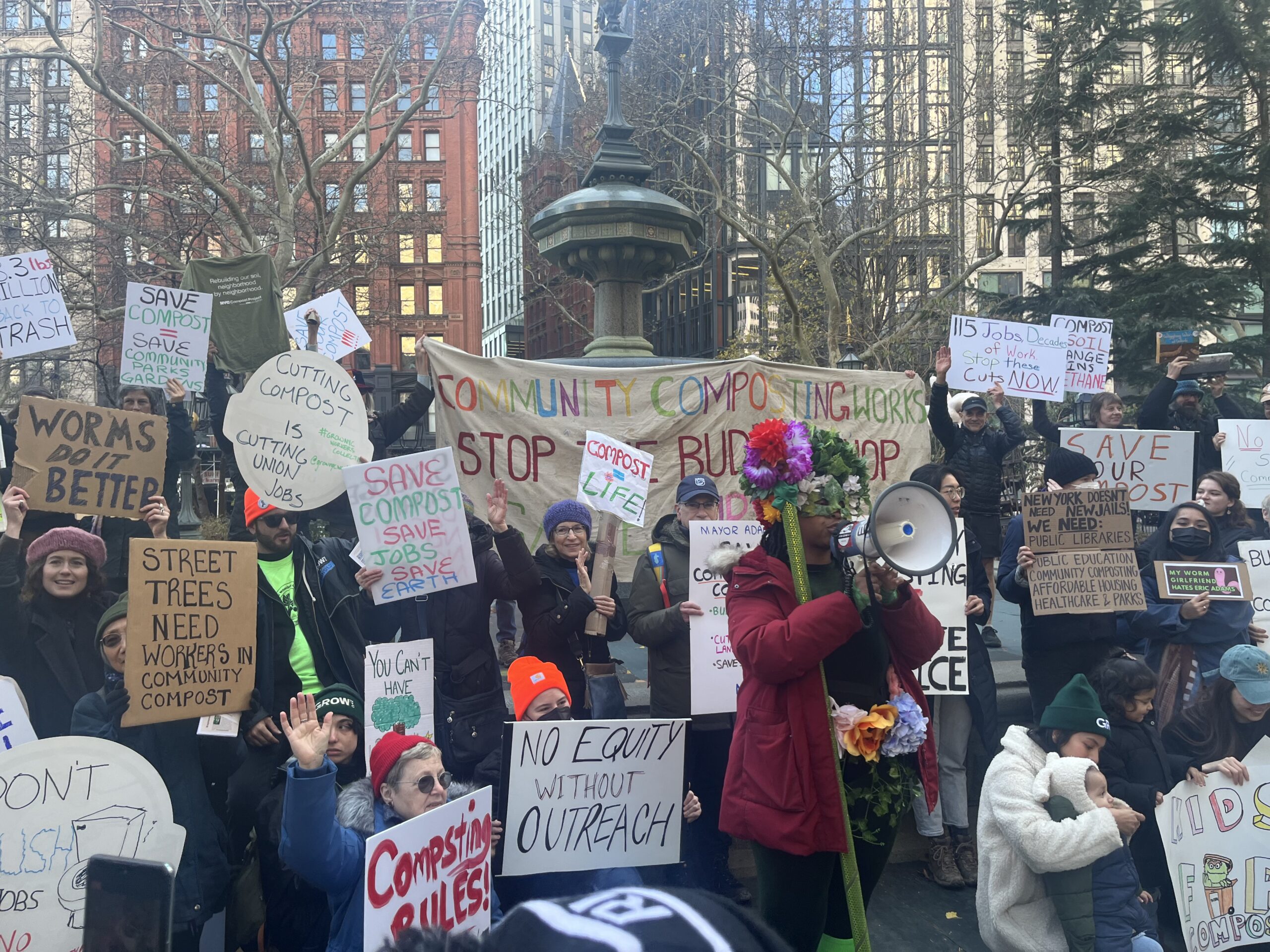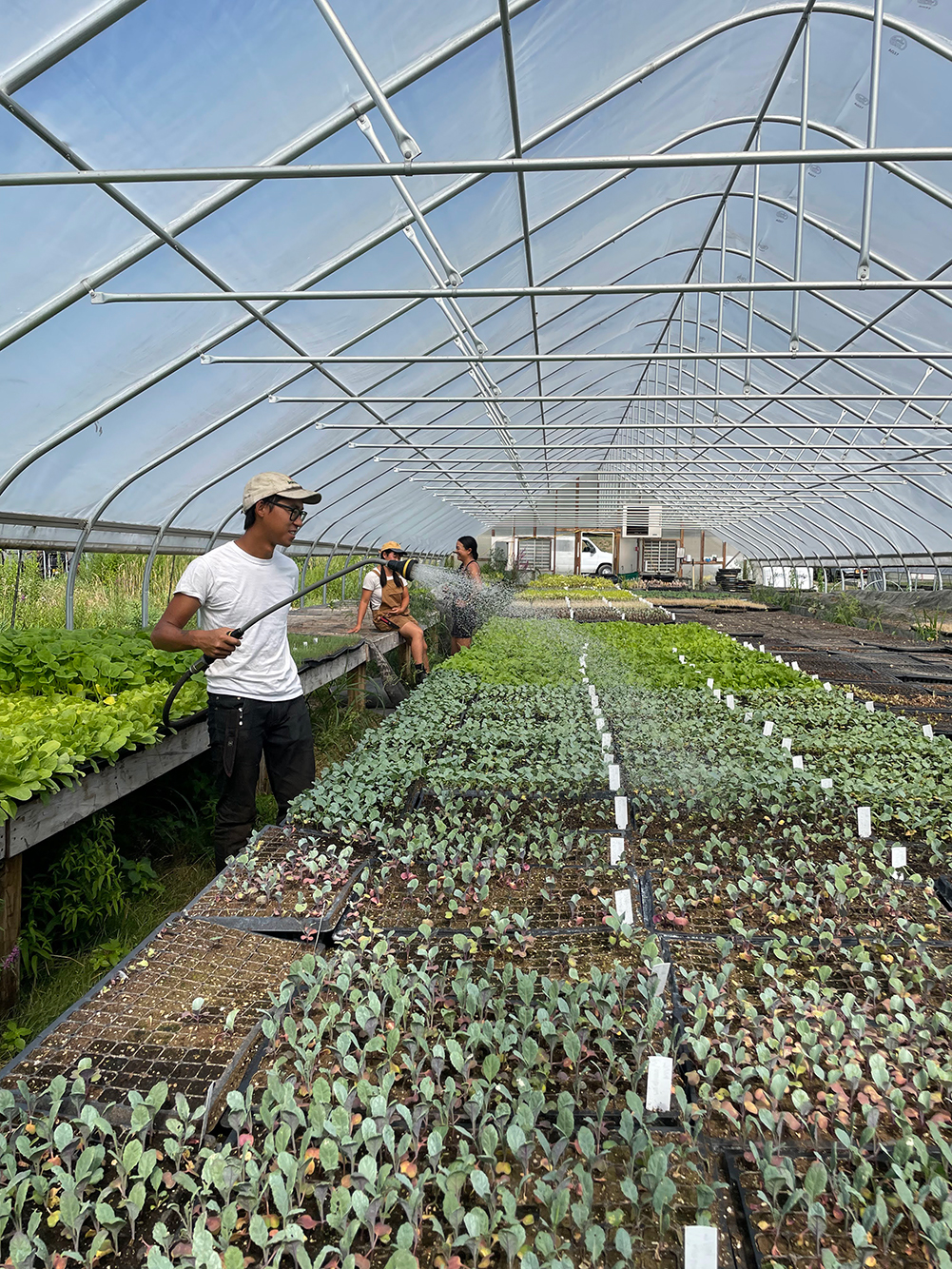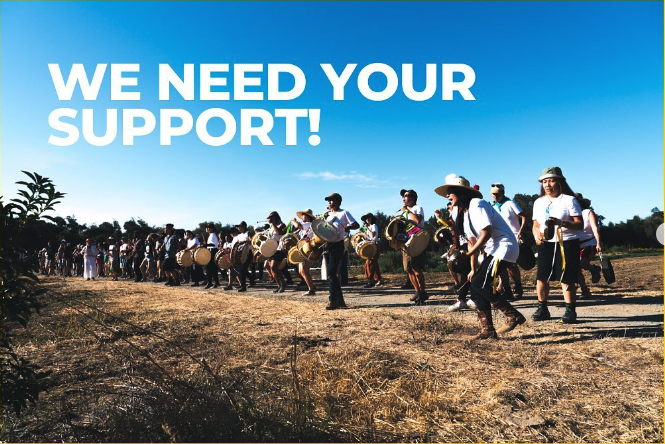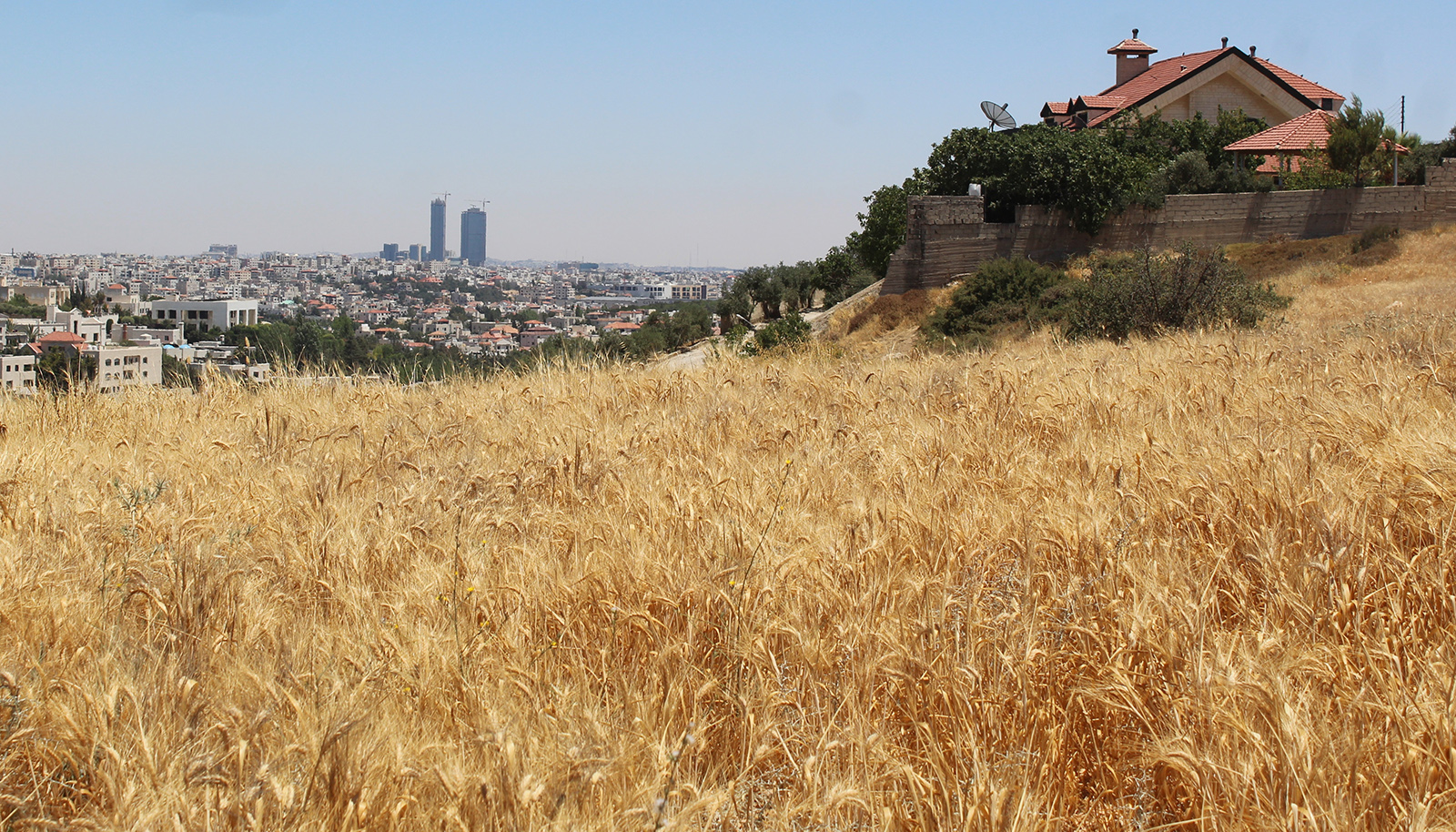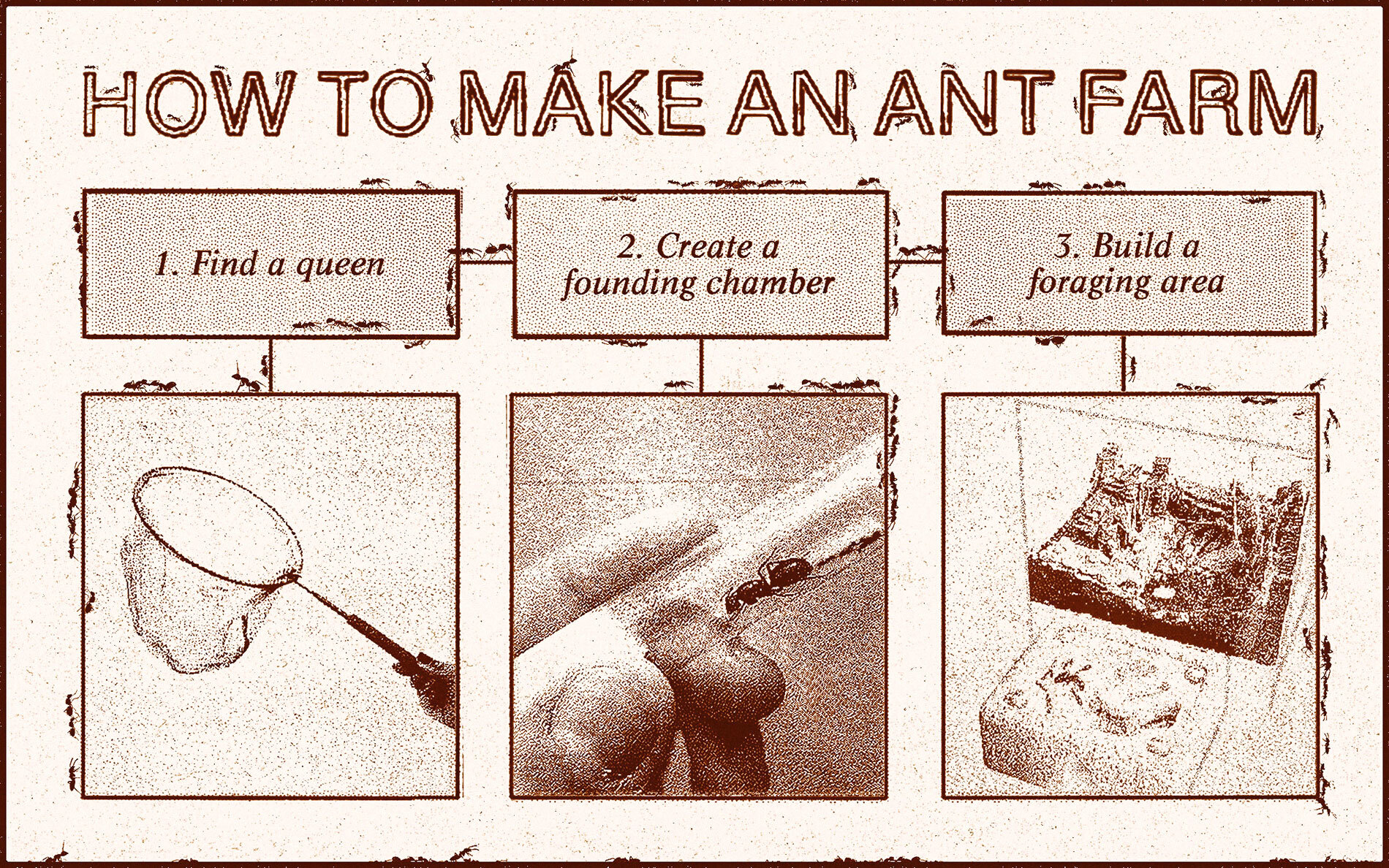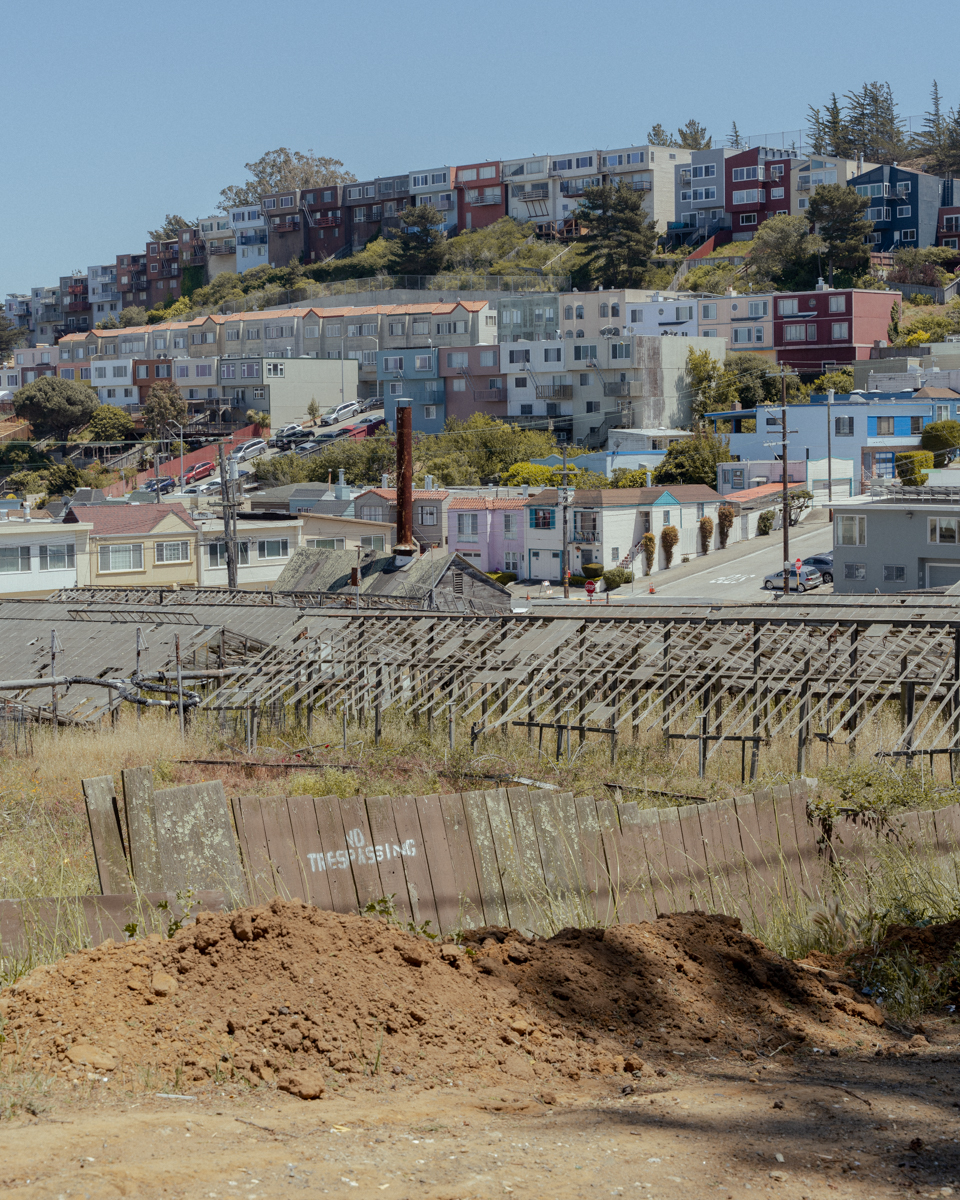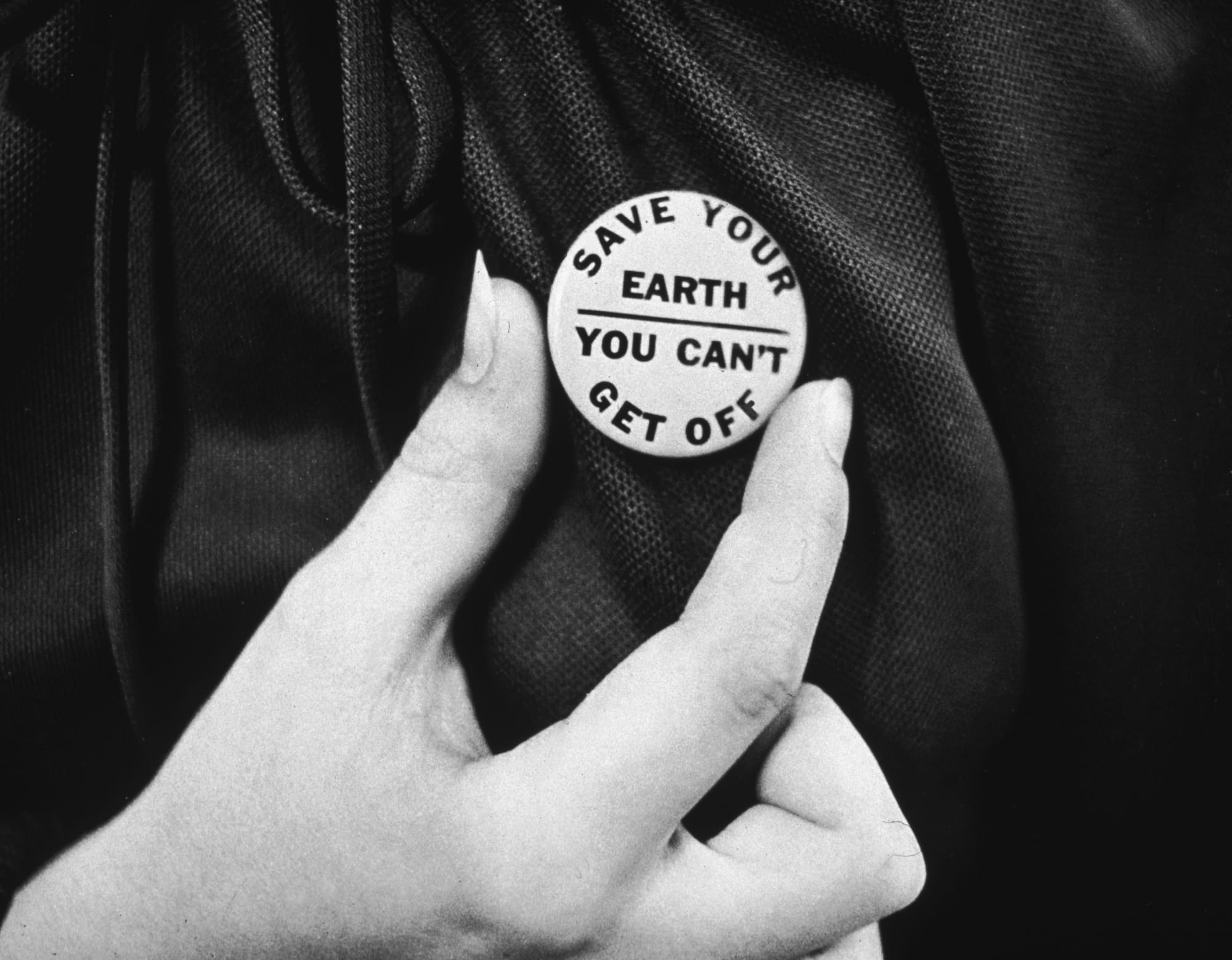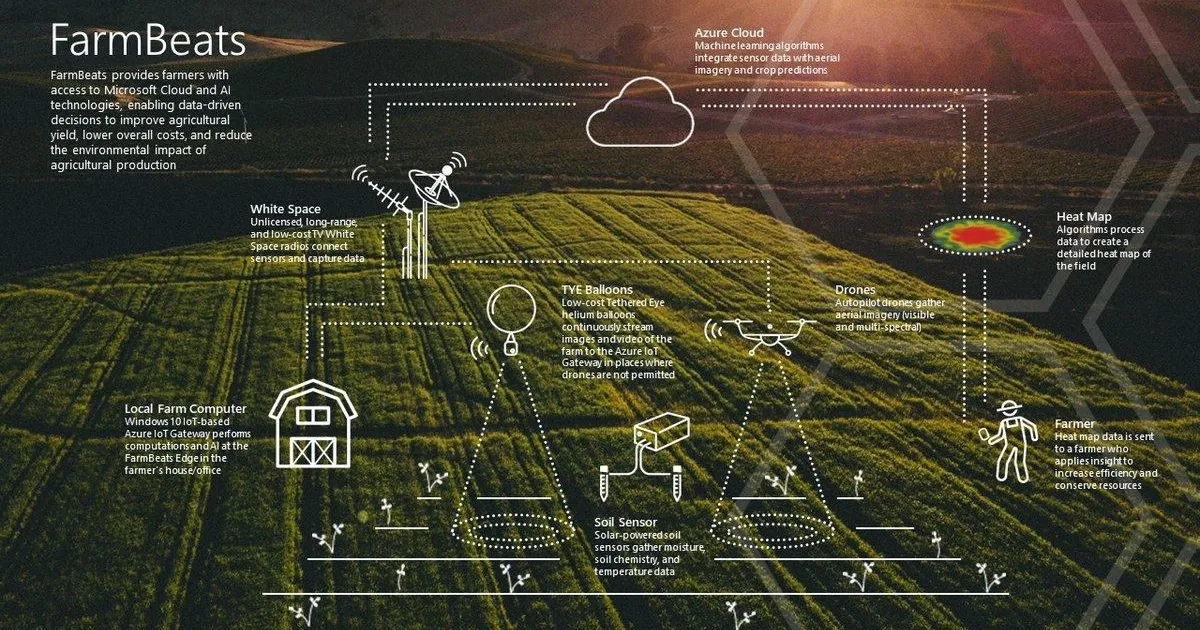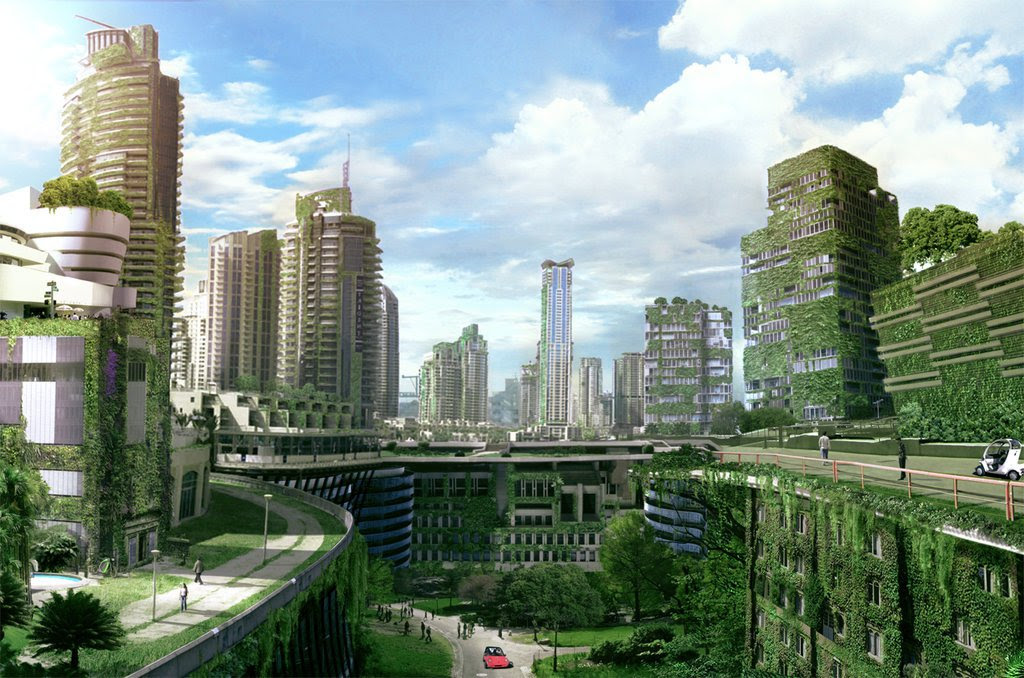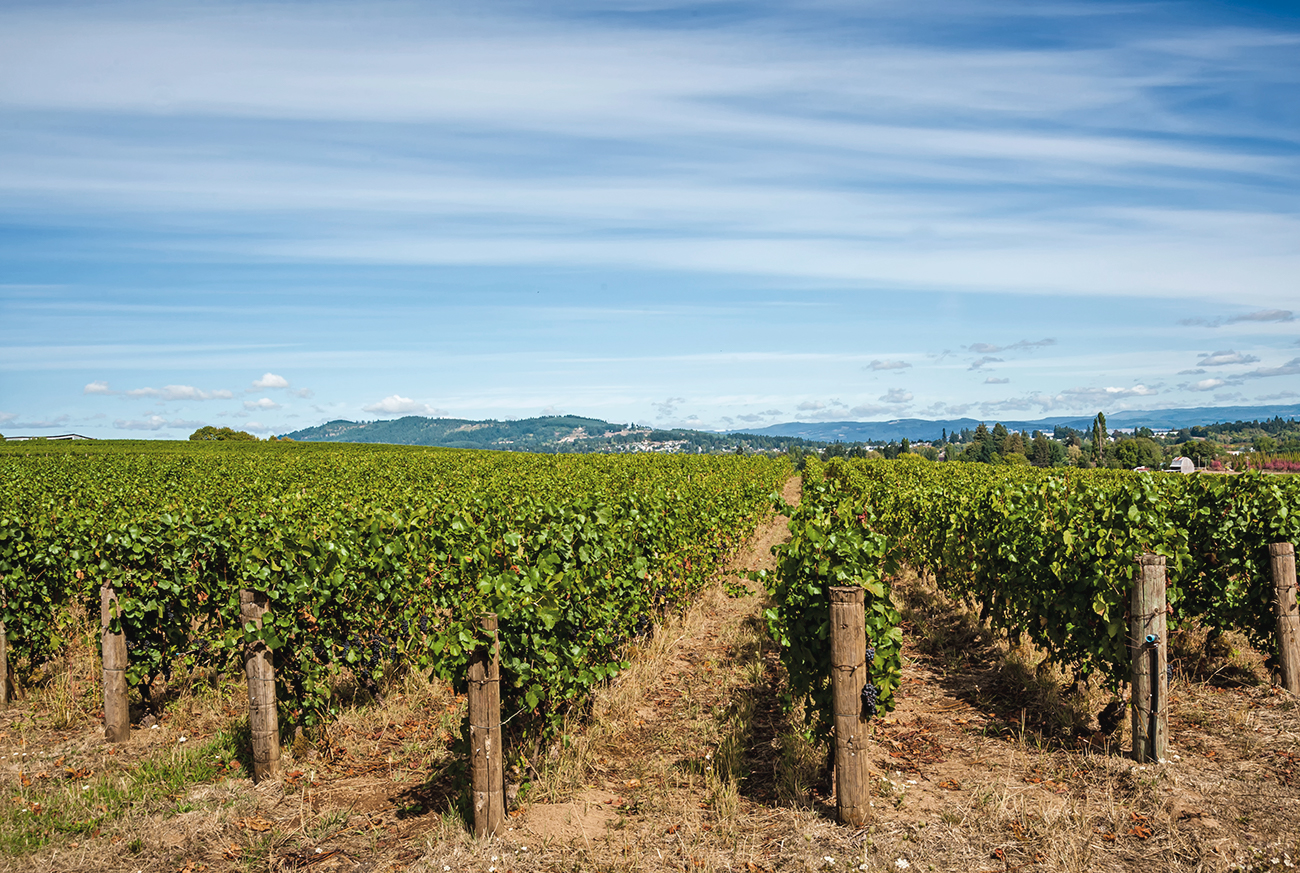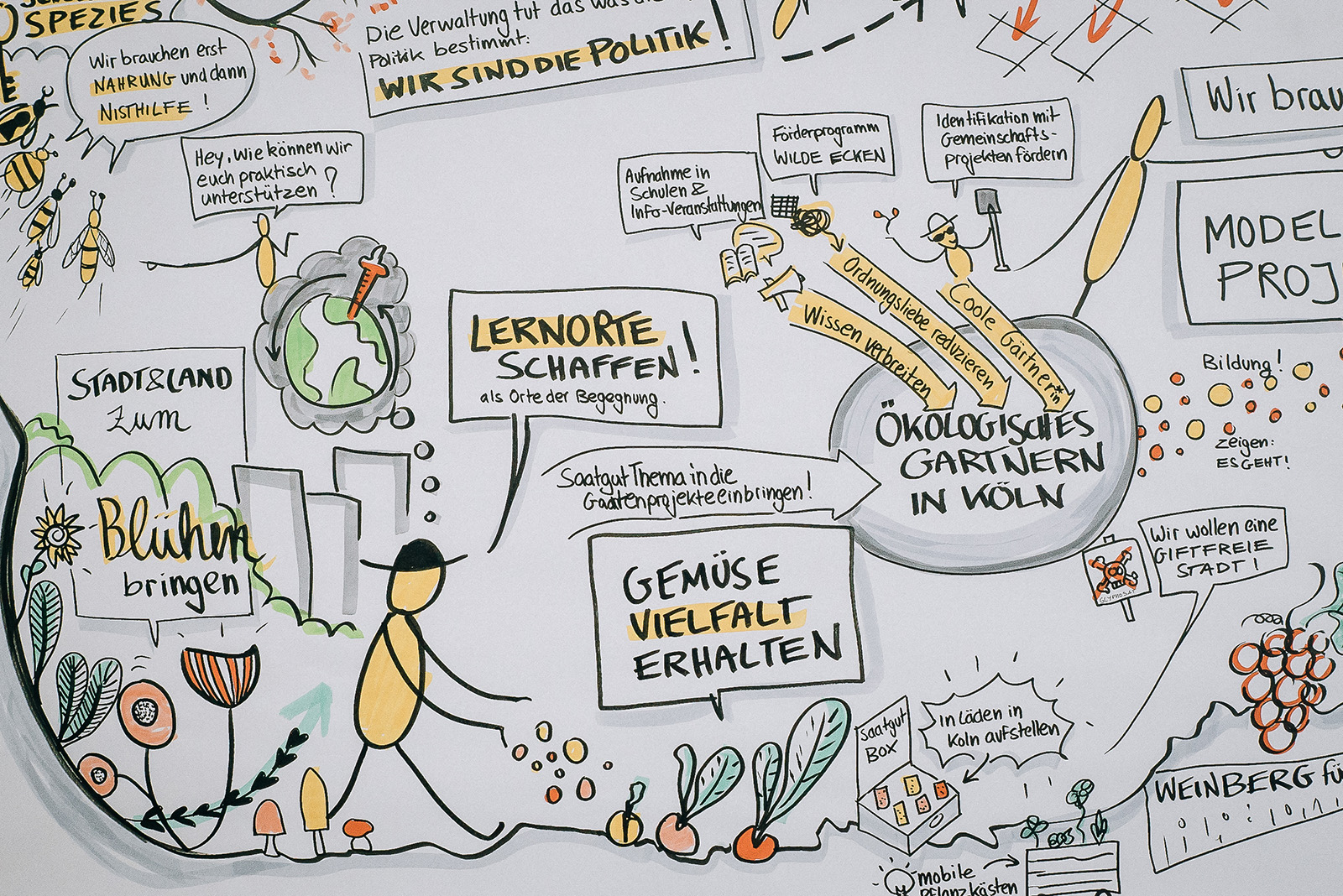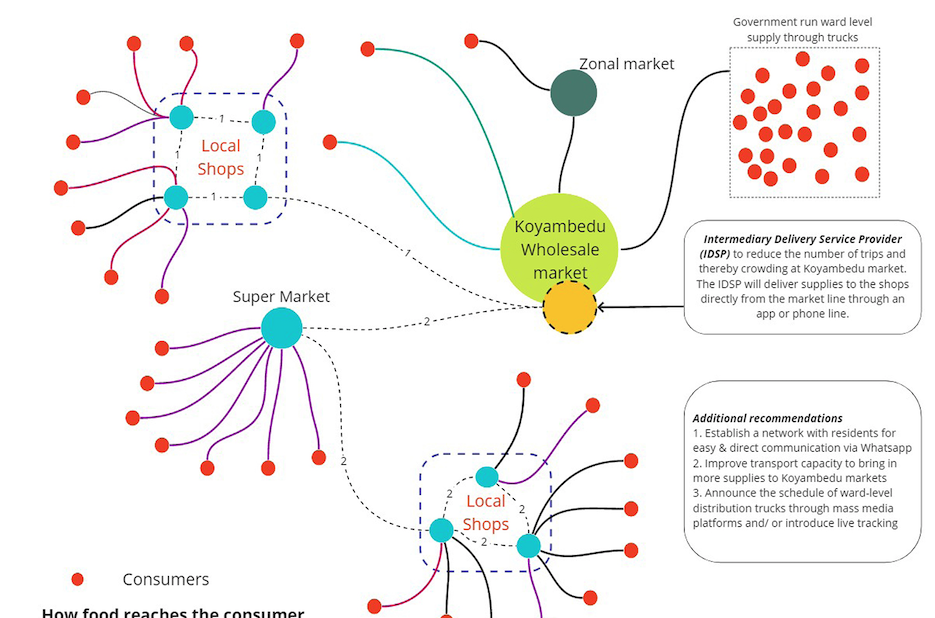On its way from farm to fork, produce travels thousands of miles, burning energy for transport and refrigeration, and relying on single-use plastics to protect it. Although the produce you buy in grocery stores might be labeled “fresh,” the reality is that is was picked and packaged weeks (and sometimes months to a year) before you purchased it.
The cold chain process—the refrigeration it takes to get your food from a farm, to a store, to a household—is not only unsustainable, but it’s also sacrificing the flavor and texture of your produce. Adam DeMartino and Andrew Carter, the founders of Smallhold, New York City’s first organic, distributed farming startup, are addressing these problems through a restructuring of how we access agricultural products in cities.
Smallhold’s system for farming mushrooms is different from the typical urban farm; while some parts of the operation are centralized, like lab tests and materials purchasing, the final stages of growing are done by the customer. This is possible through their distribution of minifarms, small mushroom production sites that are located in restaurants and grocery stores, so consumers can eat mushrooms that are just-picked.
In an interview with MOLD, DeMartino notes that the unique location system of their farms doesn’t sacrifice productivity, pointing out that, “our minifarms are outfitted with breakthrough technology we developed at Smallhold, making our yields higher than any other grower we’ve surveyed. We’re growing as much produce as possible with every material given to us.”
Smallhold’s new standard for produce allows progressive restaurants like Mission Chinese and The Standard East Village’s Narcissa to experiment with the change in quality and flavor that on-site farming allows. DeMartino explains this difference, telling us that, “delicate yellow oyster [mushrooms] remain whole; pink oysters embody the taste they were originally grown for; and people aren’t buying king oysters shipped from Korea.” This is a radical shift in what customers are used to, and Carter stipulates that, “we plan on changing how people think about fresh produce. When consumers taste produce harvested hours (not weeks) before purchase, there’s no going back.”

The founders of Smallhold describe our current food distribution system as “broken,” with people expecting—and accepting—produce that’s been rotting for weeks, using up valuable resources. However, it’s not just Smallhold’s farm system that is changing the way we conceptualize farming; DeMartino says that “…as much as we want to take ownership over it, Smallhold is just an expression of a larger movement of people who have globalized expectations.” Smallhold’s reimagining of agricultural chains of production places it within a greater movement towards sustainability, while also introducing the first decentralized “farm” of its kind, and providing proof of concept for a new model for distribution.




